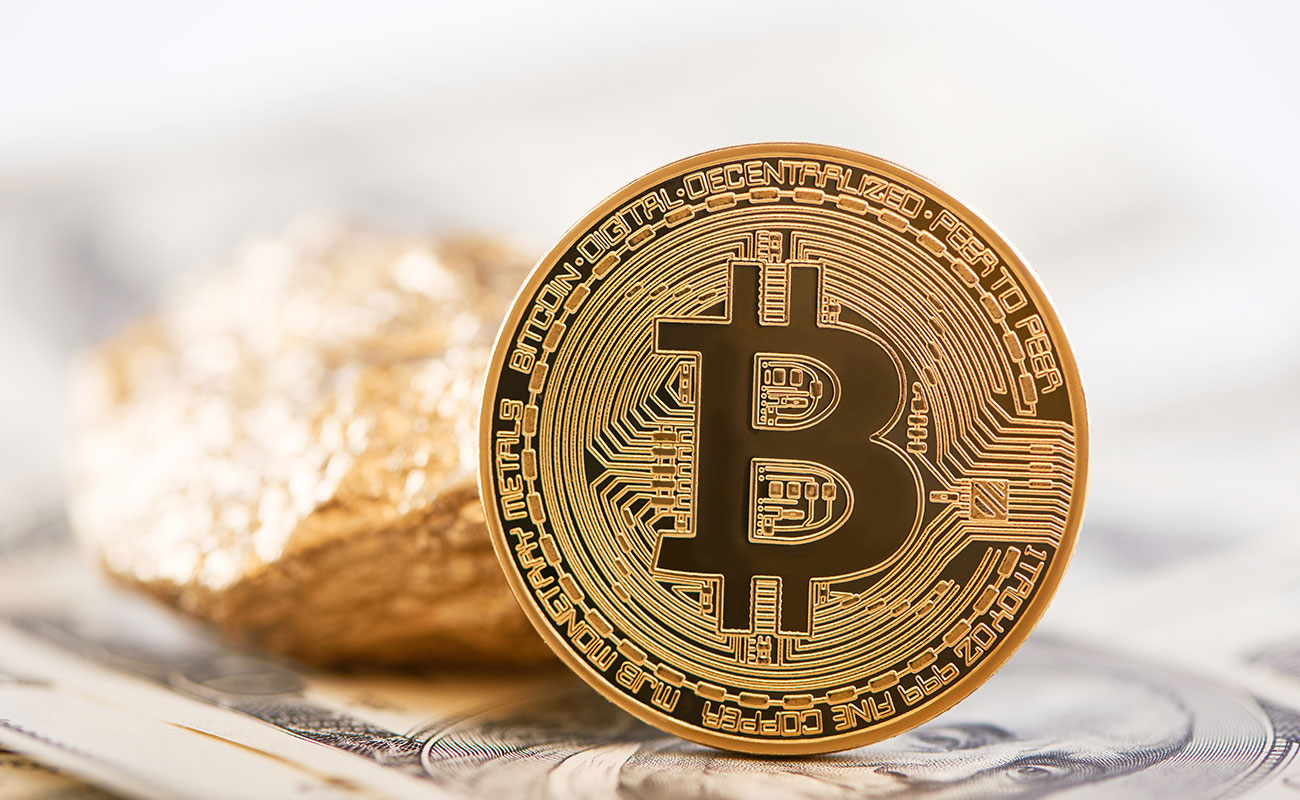In today’s fast-paced, tech-driven world, digital payment wallets are becoming the norm. From tapping your phone at the grocery store to sending money to a friend with a few swipes, the convenience of a fully digital wallet is undeniable. But is it the right move for everyone?
Let’s break down the pros and cons of going fully digital with your payments.
✅ Pros of Using a Fully Digital Payment Wallet
1. Ultimate Convenience
Forget your wallet at home? No problem. With a digital wallet, your smartphone becomes your payment method, loyalty card, and sometimes even your ID—all in one device.
2. Speedy Transactions
Digital payments are generally faster than handling cash or swiping cards. Just a quick tap or scan, and you’re done—ideal for busy lifestyles.
3. Enhanced Security
Most digital wallets use tokenization, encryption, and biometric authentication like fingerprints or facial recognition, making them safer than physical wallets in many ways.
4. Easier Expense Tracking
Digital wallets often integrate with budgeting apps or offer built-in tracking features, giving you a real-time overview of your spending habits.
5. Contactless Payments
⚠️ Cons of Using a Fully Digital Payment Wallet
1. Dependency on Technology
If your phone dies or there’s no internet, you could be stranded without a way to pay. Technical glitches or outages can also be a major hassle.
2. Not Universally Accepted
While acceptance is growing, not all merchants—especially small businesses or rural vendors—accept digital payments.
3. Privacy Concerns
Using digital wallets means sharing more data. Although generally secure, breaches or misuse of your personal information can still happen.
4. Hidden Fees
Some apps or services may charge transaction or transfer fees, especially for international payments or credit card links.
5. Learning Curve for Some Users
For those not comfortable with smartphones or apps, digital wallets can feel overwhelming or confusing at first.
📱 Is Going Fully Digital Right for You?
The decision to switch to a fully digital wallet depends on your lifestyle, comfort with technology, and access to digital infrastructure. For tech-savvy urban dwellers, it might be a no-brainer. But for others, keeping a hybrid approach—digital and physical—might be the sweet spot.
Either way, digital wallets are here to stay, and their role in the financial ecosystem will only grow with time.









